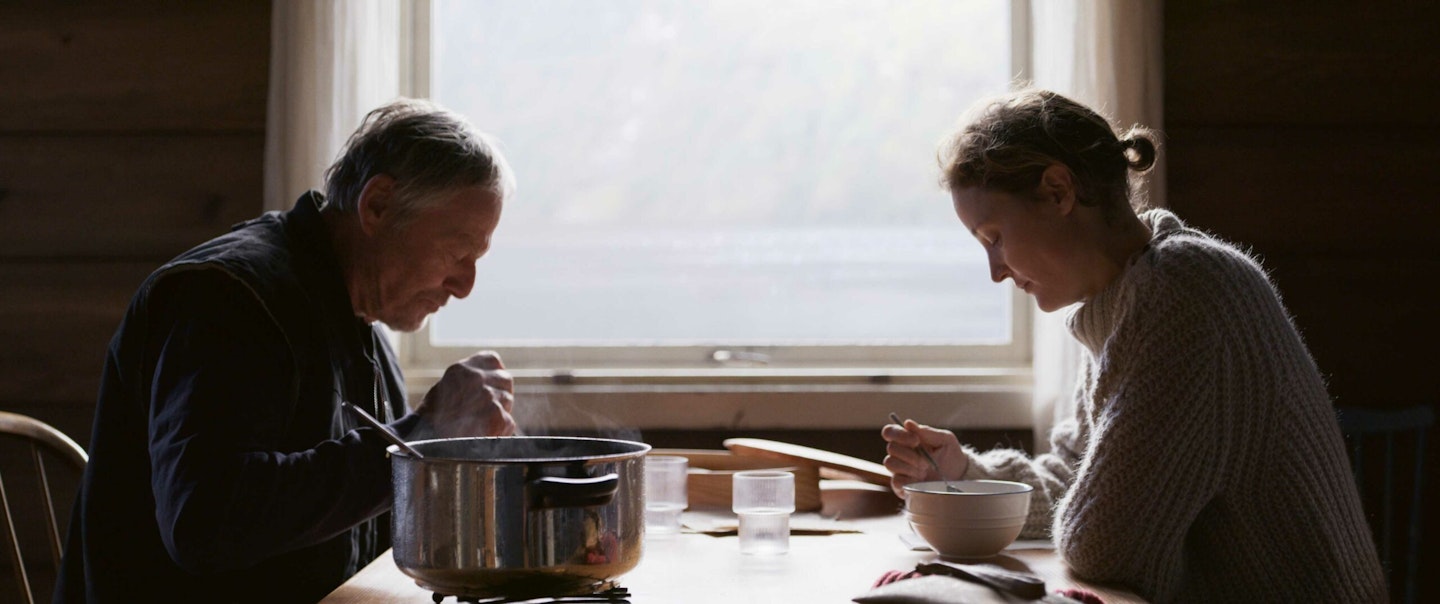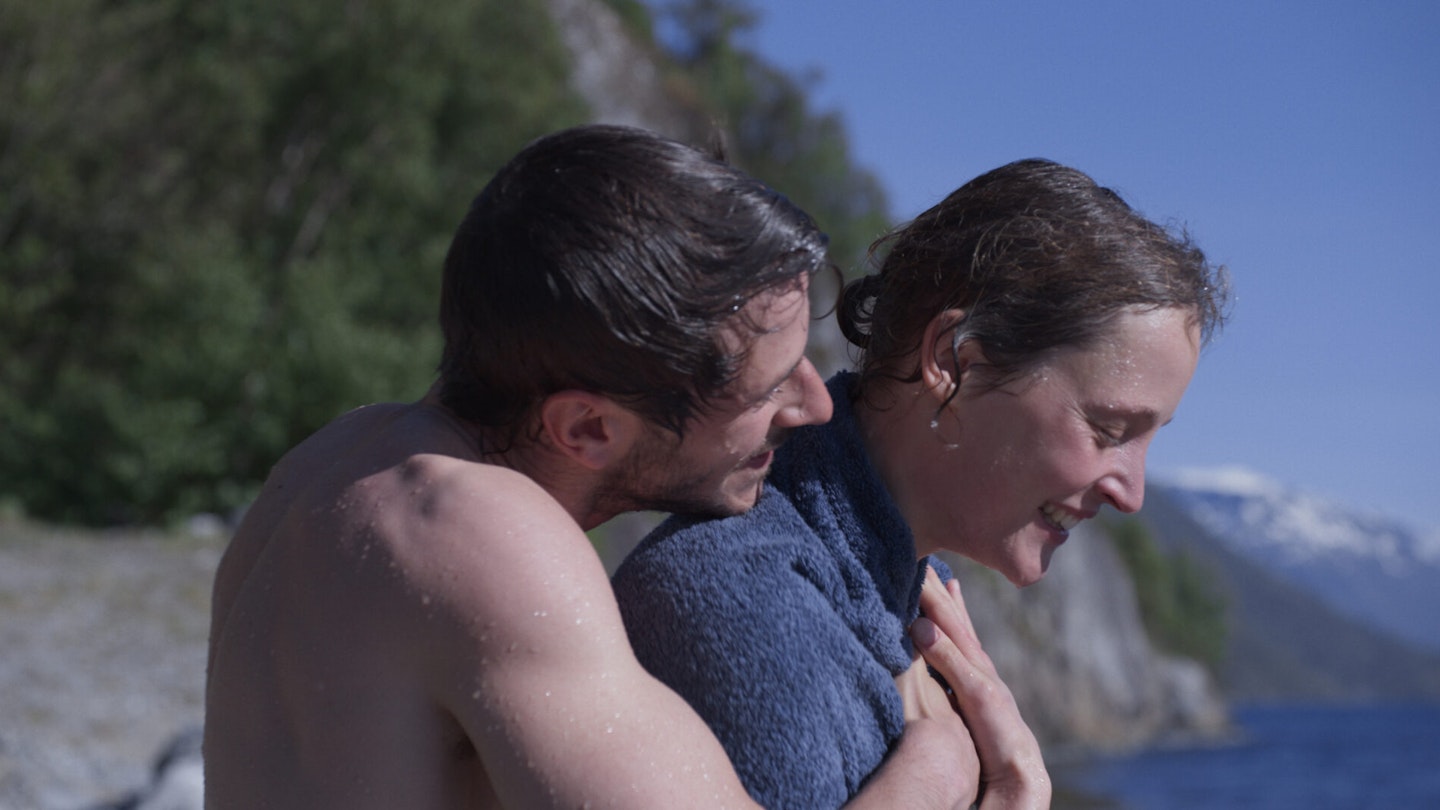The tragic real-life death of 37-year-old actor Gaspard Ulliel last year, in a skiing accident, casts a long shadow over Emily Atef's sixth feature, if only because it grimly emphasises the fragility of existence and the need to seize each day. In this film, it is Ulliel's character, Mathieu, who fails to understand the desire of his wife Hélène (Vicky Krieps) to depart life on her own terms without him; his lonely vigil back in Bordeaux would make a fascinating film in itself.

The focus, however, falls on Hélène, as she seeks to reconcile herself to her fate and make peace with the body that has betrayed her. Atef makes good use of the couple's cramped apartment to convey Hélène's limited options, as she rails against her friends at a dinner party for tiptoeing around her illness, her mother for getting teary during a video call, and her husband for mourning her before she's died. Yet, despite the unspoilt vistas that afford her the space she craves, her Norwegian retreat proves to be anything but idyllic, as her cabin is uncomfortable, the silence is unsettling, and the endless daylight is insomniacally intrusive.
Even the clean air takes its toll, as Hélène strides through the woods to the one spot with a phone signal. Yet she gradually becomes attuned to the calming rhythms. Atef allows Yves Cape's camera to luxuriate in the spectacular scenery, but she also keeps it close to Krieps, in order to show the effort that goes into enduring the relentless encroachment of death. Nicolas Cantin's sound design also stresses her exertions, as she fights for breath while walking, asserting herself, or making love.
Occasionally, Krieps and Ulliel come to the dialogue a little over-emphatically, as each seeks to prevail in an unwinnable argument. But their intimacy is sincere and sensual, as they resign themselves to the cruel inevitability of sharing a last goodbye.
